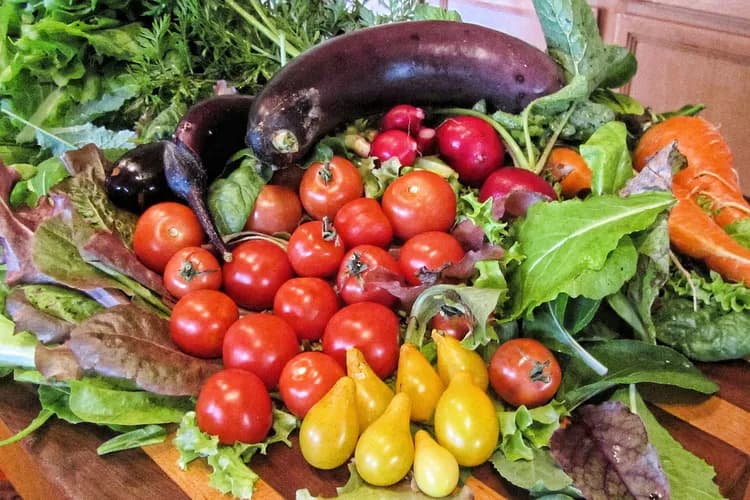
Can Believing You Are A Food Addict Affect Your Eating Behavior?
Researchers from the University of Liverpool have published a paper regarding their work on how beliefs about food addiction can affect eating behaviour.
Obesity is often attributed to an addiction to food and many people believe themselves to be "food addicts." However, until now no studies have looked at whether believing oneself to be a food addict influences how much we eat.
Helen Ruddock and colleagues from the University's Institute of Psychology, Health and Society examined the impact of changing participants' personal food addiction beliefs on eating behaviour.
Bogus feedback
In two separate studies, women completed a series of computer tasks about food. On completion, they were given bogus feedback on their performance which indicated that they had either high-, low-, or average-levels of food addiction. Their intake of unhealthy foods (chocolate and crisps) was then measured in a taste test.
Participants who were told they scored highly in food addiction went on to consume fewer calories than those who were told they had a low or average score.
Furthermore, participants who were told they scored highly in food addiction reported greater concern about their eating behaviour. This, in turn, reduced the amount of time they spent tasting the foods during the taste test
Role of beliefs
Helen Ruddock, said: "Our research found that participants who believed themselves to be 'food addicts' reduced the amount of time they were exposed to unhealthy foods and ate less as a result. This appears to be because the perception of being a food addict made them concerned about their eating behaviour.
"Our study is first to show that personal beliefs about food addiction can influence how much we eat. Further work with a larger sample group and over a longer time period is now needed."
The above post is reprinted from materials provided by University of Liverpool. Note: Materials may be edited for content and length.
Disclaimer: DoveMed is not responsible for the adapted accuracy of news releases posted to DoveMed by contributing universities and institutions.
Primary Resource:
Ruddock, H. K., Christiansen, P., Jones, A., Robinson, E., Field, M., & Hardman, C. A. (2016). Believing in food addiction: Helpful or counterproductive for eating behavior?. Obesity.
Related Articles
Test Your Knowledge
Asked by users
Related Centers
Related Specialties
Related Physicians
Related Procedures
Related Resources
Join DoveHubs
and connect with fellow professionals

0 Comments
Please log in to post a comment.